I think it’s safe to say that most people who watched the vice-presidential debate on Tuesday night were surprised. I was too. The candidates were civil. The whole debate was civil. There was no intense arguing, just a sudden overlapping of voices around 25 minutes in when it was time to move on from the immigration. Ohio Senator JD Vance insisted that he keep talking with Governor Tim Walz trying to cut in, but CBS muted their microphones, allowing the moderators to speak about the next question. If there were disagreements, the candidates would speak their reasons and listen to each other. At school on Wednesday, many said that the debate was boring. One of my teachers decided to go to bed after about twenty minutes. Why? Because it was boring. This is not an insult to American democracy. No one was shouting or stuttering. Quite frankly, there was nothing to make fun of. The funniest things that happened were when Trump called Walz a “tampon” on a social media post, Jimmy Kimmel’s show after the debate, and the next episode of Saturday Night Live. In all seriousness, Vance and Walz said that they agree with one another multiple times. Nearly all questions were answered directly. Tuesday’s debate took less of an “I’m better than you, you suck” approach, but rather an “Okay, here’s the issue: you want to solve it one way, I want to solve it another” approach.
We’ve come a long way since Massachusetts Senator Charles Sumner and U.S. Representative Preston Brooks. Sumner was against slavery, the Kansas-Nebraska Act (the newest states in the nation – these states allowed popular sovereignty), and hated the idea of “Bleeding Kansas” (the violent debate regarding pro and anti-slavery policies). In May of 1856, Sumner delivered a two-day speech (yes, the speech was that long) about his hatred towards the Kansas-Nebraska Act and the politicians who wrote it. Preston Brooks heard of this speech and the verbal attacks on his cousin, Andrew Butler (a writer of the Kansas-Nebraska Act), and decided to take matters into his own hands. On May 22, 1856, Brooks beat Sumner with a metal-tipped cane in the middle of the Congress floor. After the beating, Sumner passed out. Although this wasn’t a debate, political confrontations haven’t been that bad since.
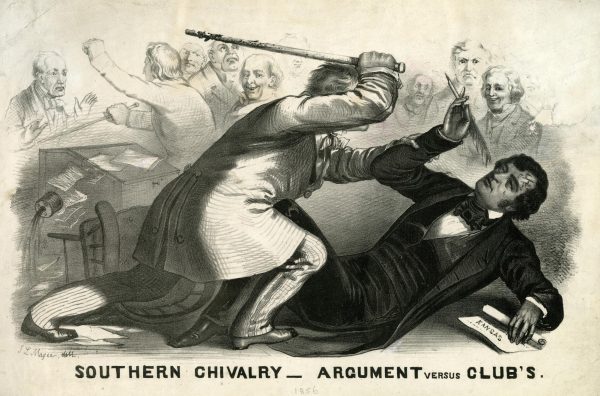
After the debate between Vance and Walz, I wondered if political debates, and politics in general, can be civil. Why was the vice-presidential debate more civil than the presidential? Was it because the candidates wouldn’t be the governing bodies of our country? Is less at stake for them if they mess up? Is it because there is more pressure on their running mates? We may never know the answer to this, but watching a civil debate is relieving. It reminds us that politics isn’t all smack-talk and insults. The 2024 vice-presidential showed us respect among opponents and what politics is truly about.






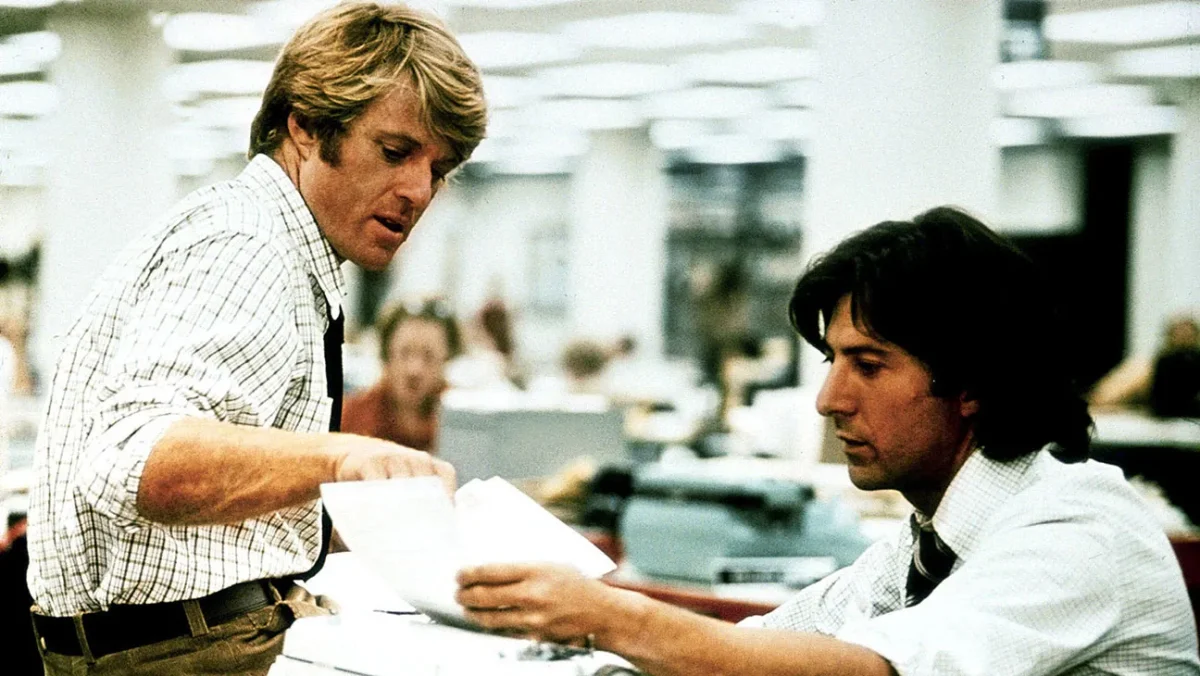





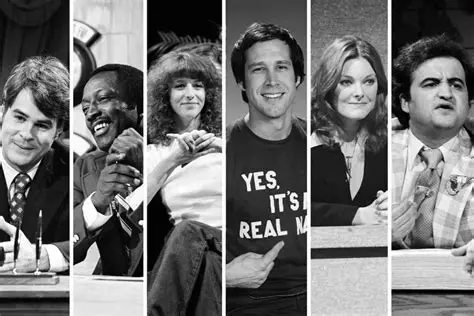




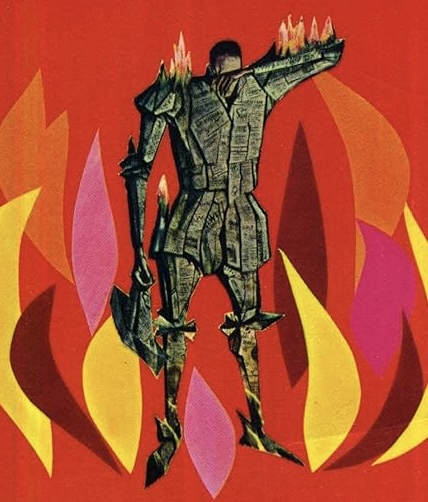


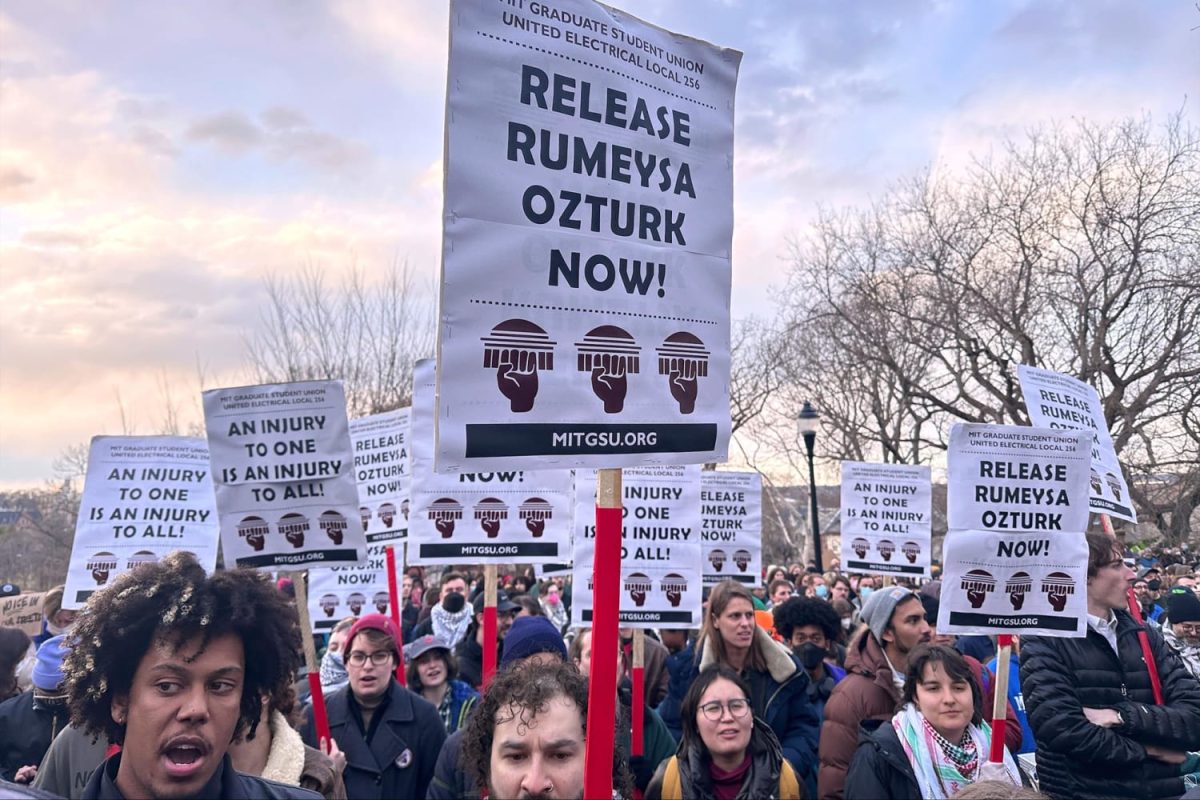
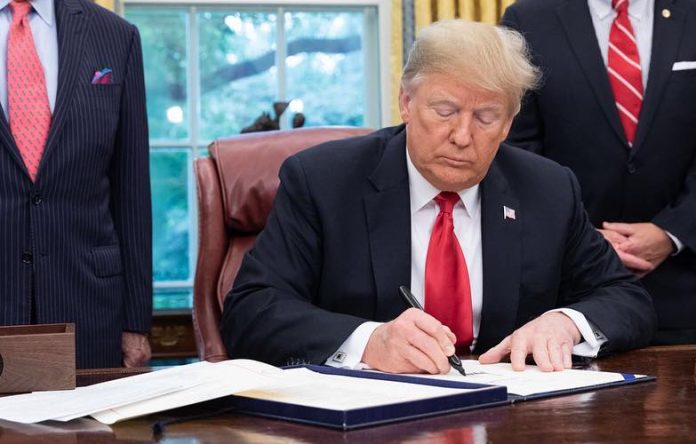
Aunt Vicky • Oct 4, 2024 at 3:52 pm
I, for one, enjoyed the debate. I think this is how debates should be. Each candidate stated their case, and they agreed on some items. I honestly feel these men could both work together in some capacity to get things done.
Shannon Raneri • Oct 4, 2024 at 3:57 pm
I agree 100%. These men are opponents, but still respected one another.
Mark W Dixon • Oct 4, 2024 at 11:58 am
Honestly? Most political debates before about 2016 were as boring as the VP one. There’s a pretty significant variable that has been present in most debates since then, and I’ll leave it to readers to decide what that variable is.
I’m not sure that’s a bad thing, by the way. Sometimes, systems need to be shaken up.
Shannon Raneri • Oct 4, 2024 at 3:58 pm
I feel like it is, in fact, that variable. Yes, I agree that sometimes the system needs to be shaken up, but American politics have become a laughing stock. Civil debates may be the solution.
Mark W Dixon • Oct 4, 2024 at 4:57 pm
You’re not wrong. We’re living in interesting times.